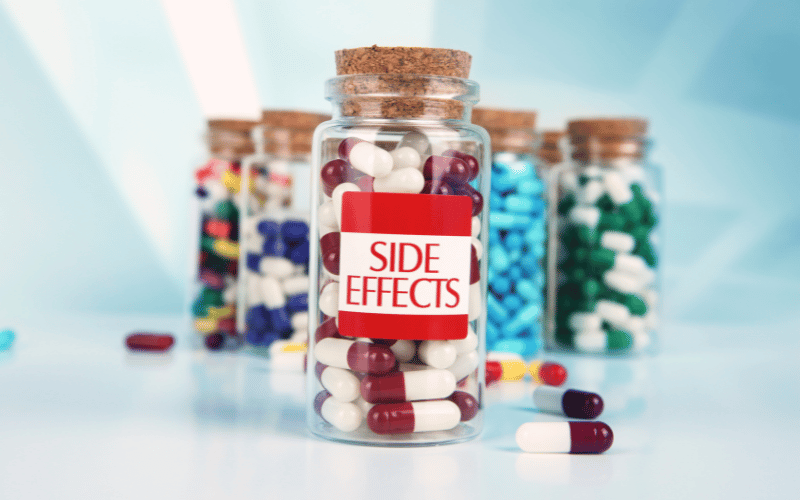14. Medication Side Effects: The Double-Edged Sword

Prescription medications often offer vital benefits, but they can also come with a downside, including negative effects on your esophagus. Certain medications, especially non-steroidal anti-inflammatory drugs (NSAIDs), can irritate the esophageal lining or increase the likelihood of acid reflux, setting the stage for esophagitis.
The issue here is the formulation of these medications. Some are acidic in nature, while others tend to relax the LES, both of which can be problematic. Even something as simple as taking medication without enough water can cause pills to stick in the esophagus, leading to irritation and, ultimately, inflammation.
Other medications, like certain antidepressants or blood pressure drugs, can cause dry mouth, reducing the saliva needed to neutralize stomach acid. This can be particularly challenging because these medications are often necessary for managing other health conditions.
A particularly overlooked risk comes from the so-called ‘drug cocktails’—the practice of taking multiple medications simultaneously. The interactions between various drugs can sometimes produce unexpected, esophagitis-inducing effects. (14)